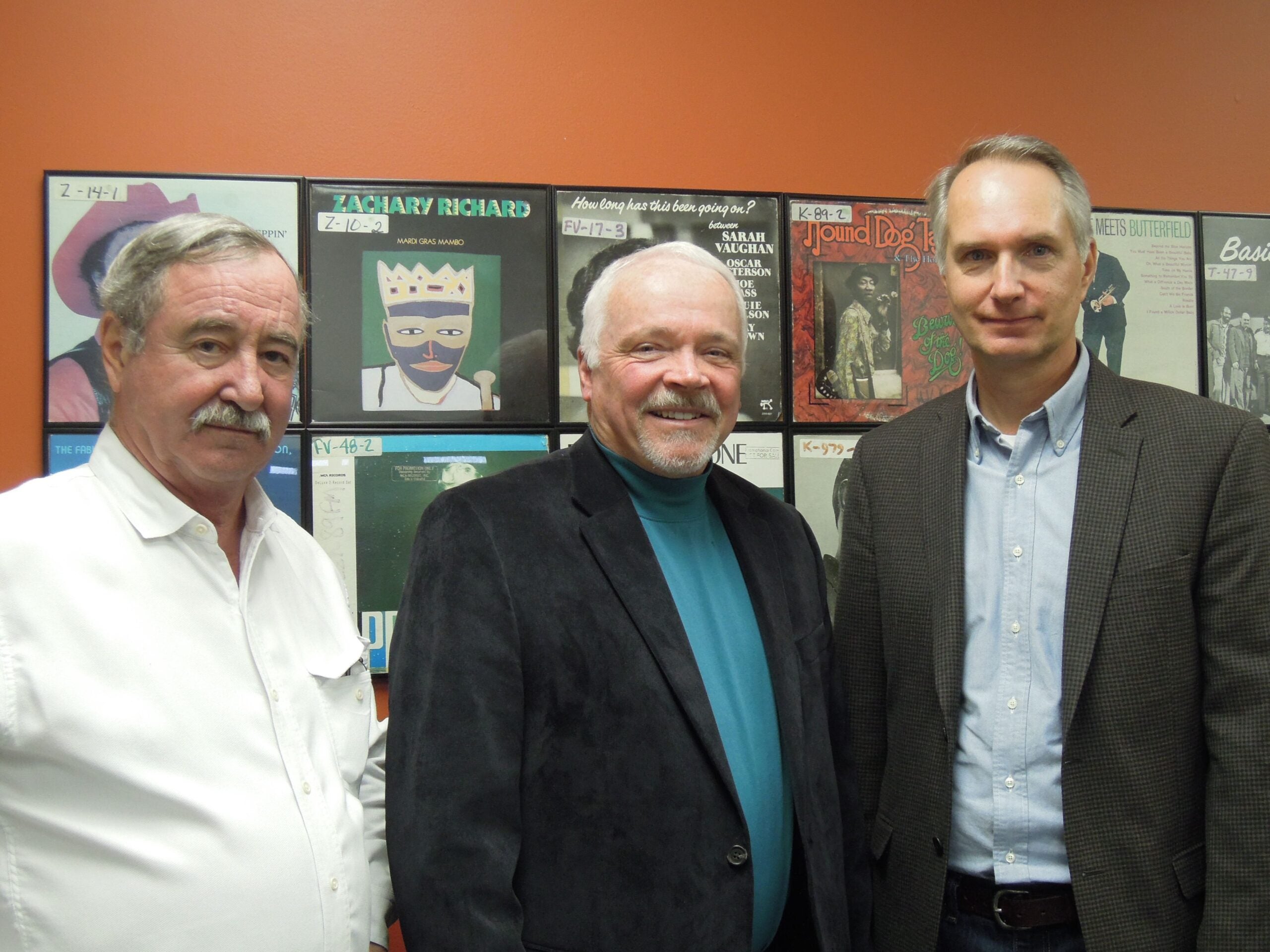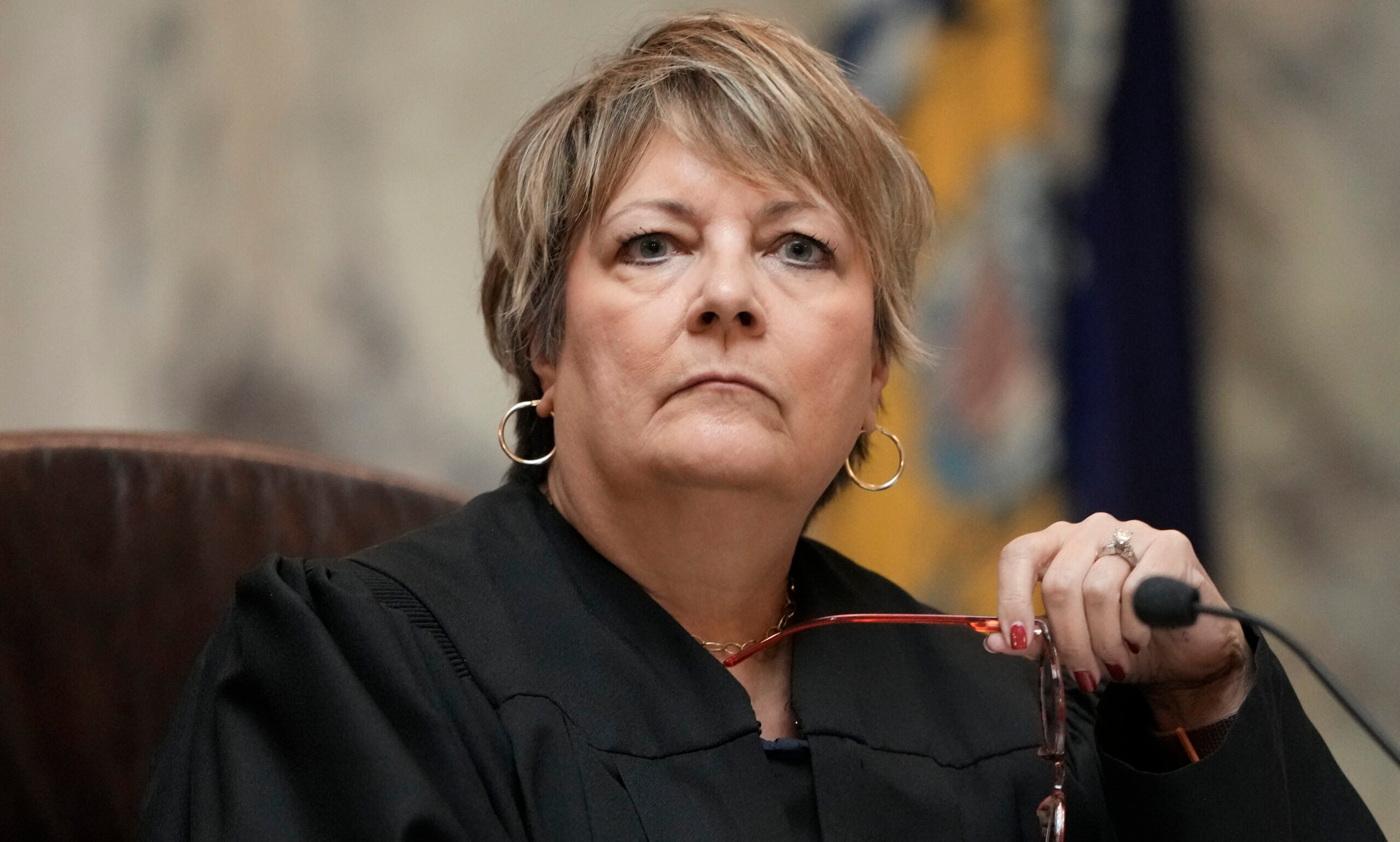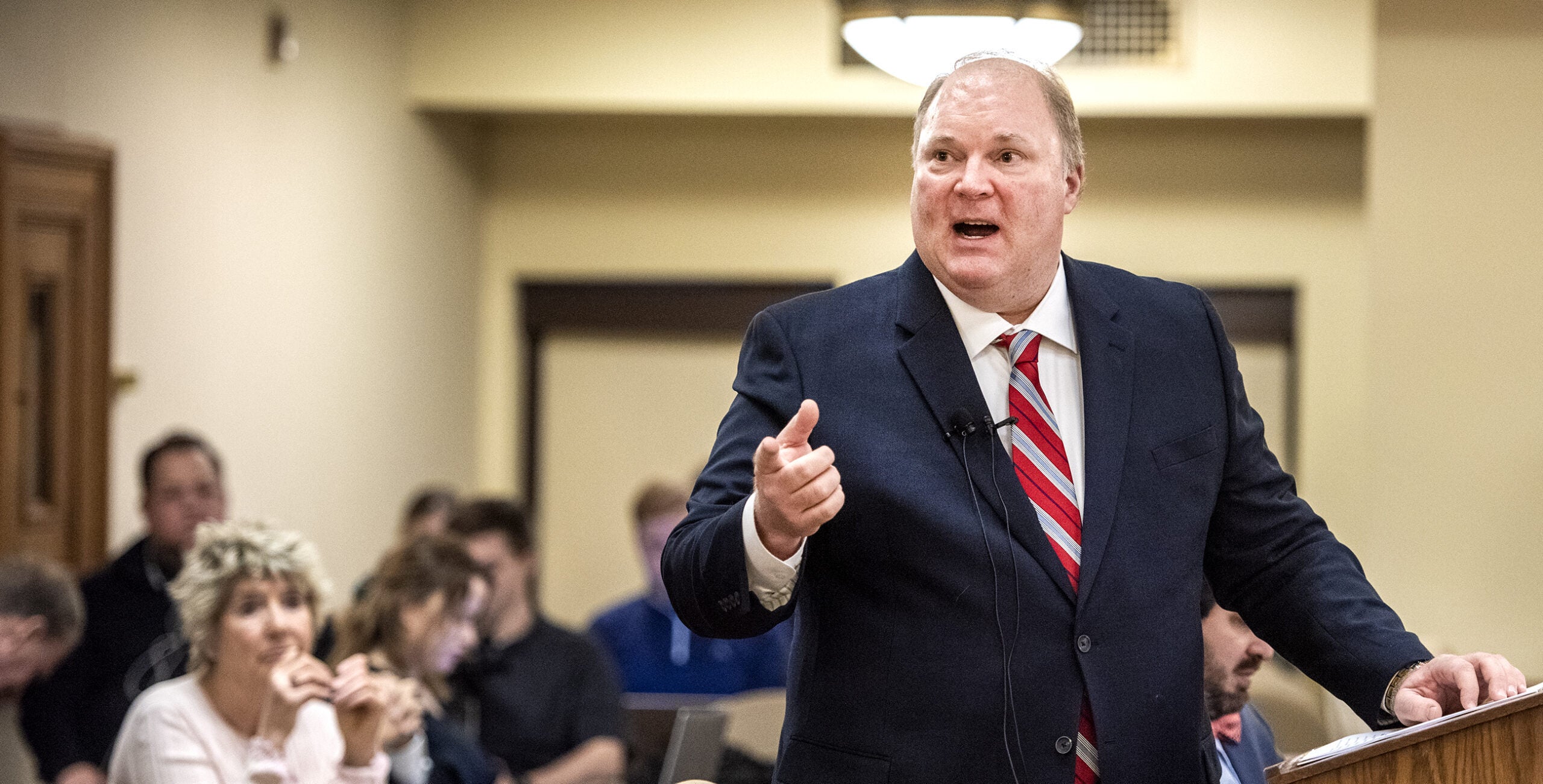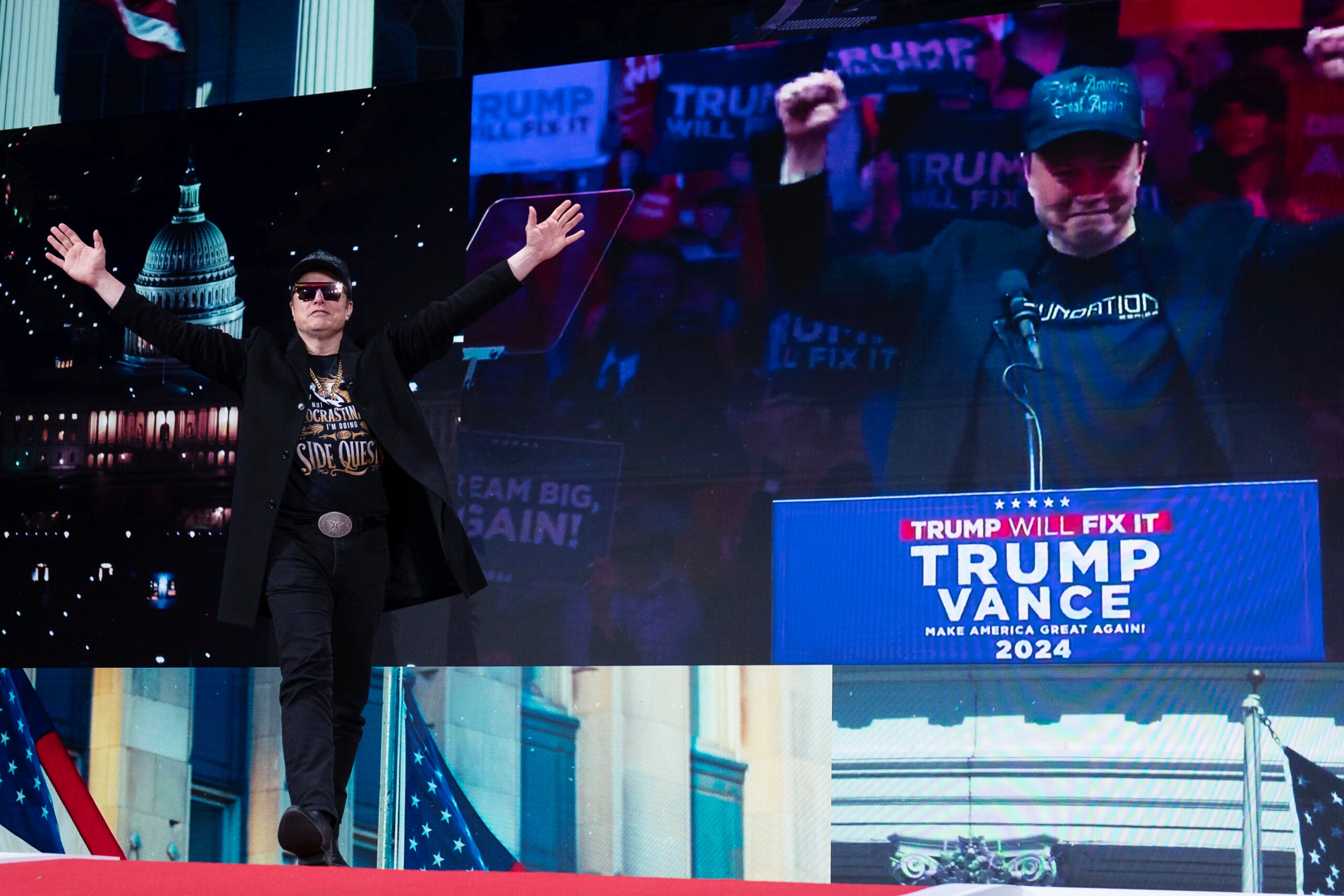A retired La Crosse County circuit judge said Wisconsin’s Supreme Court needs to rehabilitate it’s reputation.
“Everybody is entitled to a fair and impartial judge,” Perlich said. “They’re not necessarily entitled to the one that they contributed all that money to.”
From state Supreme Court justices physically bickering, to the high court setting new rules in 2010 that all Wisconsin judges didn’t have to consider campaign contributions as a factor when they have to consider stepping aside in a court case, Perlich said the state of Wisconsin’s court system is troubled and personally frustrating.
“I think the credibility of the judicial system has suffered. We’ve had some issues with elections and activities during those elections,” said Perlich. “And it’s not just judges being impartial, it’s the appearance of impartiality. We have to make sure that the litigants before us trust us.”
The petition asks the Wisconsin Supreme Court to establish clear campaign finance limits that would trigger an appeals process that litigants could use if a judge decides to remain on the case. ($10,000 for Supreme Court justices, $2,500 for Appeals Court judges, $1,000 for Circuit Court judges and $500 for Municipal judges)
The petition would also leave it up to the litigants to reveal to the court if they’ve given the judge more than $250 in campaign contributions, and the non-contributing litigant can opt out of the recusal rules and allow the judge to hear the case.
Another supporter of the proposal, retired La Crosse County Circuit Court Judge Dale Pasell said a 2014 study of states’ recusal rules ranks Wisconsin near the bottom when it comes to either real or perceived conflicts of interest from campaign donations, and Wisconsin’s judicial recusal rules likely violate a U.S. Supreme Court opinion.
“Right now in Wisconsin, the law is, no matter how much money is contributed that alone is not a basis for recusal,” Pasell said. “The law is, the only person who can decide whether or not there is bias or the appearance of bias is the judge who’s allegedly biased, which if you think about it doesn’t make a great deal of sense.”
Viterbo University D.B. Reinhart Institute for Ethics and Leadership Director Richard Kyte said every profession he’s aware of in the United States has a code of conduct that protects the profession’s reputation, with a goal of eliminating any conflicts of interest.
“I find it remarkable that engineers, nurses and dieticians all have much higher standards for eliminating conflict of interest than judges do,” Kyte said. “Judges take a very cavalier attitude towards this.”
It’s not known if the Wisconsin Supreme Court will consider the retired judge’s petition in the future. There is some opposition to the proposed changes. Pasell and Perlich would like to see the public have a say, likely through Wisconsin lawmakers.
– John Davis
Episode Credits
- Hope Kirwan Host
- John Davis Producer
- Dale Pasell Guest
- John Perlich Guest
- Rick Kyte Guest
Wisconsin Public Radio, © Copyright 2025, Board of Regents of the University of Wisconsin System and Wisconsin Educational Communications Board.





